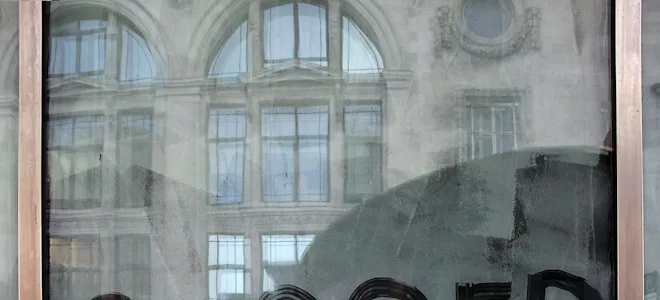Is the pub on the way out?
Table of Contents
The 21st century has not been kind to the great British pub. The number of small pubs has dropped from more than 34,000 to under 22,000 over the past 19 years, and around 40 pubs a month have closed since the start of the year.
Lovers of the traditional pub can take some comfort from recent research that shows the rate at which pubs are vanishing - either being demolished or converted into homes and offices - is significantly down from 76 a month in 2018.
It looks as though the thinning of the ranks is starting to slow, but the pressures that have caused the cull remain. Cost pressures, and especially high business rates, are pushing too many pubs to the margins and high streets are being squeezed. The price of beer, thanks to the beer duty, remains high, and changing demographics seem to mean that there are simply fewer drinkers.
Those that remain may be drawn to the large pub and lively bar, leaving the smaller traditional watering hole hard-pressed to make a profit, especially if they are unable to go down the gastropub route.
There may be as few as 41,300 pubs left, according to government figures.
Changes to the planning laws and the new retail relief, which discounted business rates bills by a third from 1 April for smaller pubs in England, may help provide some hope for those that remain in business with the average small pub saving £6,052.
It is a deep-seated trend. 2018 was a good year for beer with the hot weather and the World Cup providing consumers with more beer drinking occasions in the on-trade. But pubs continued to close as more consumers still opted for the home sofa rather than the pub bench.
But if the pubs are still in the doldrums, what does it mean for small brewers?
It looks as though small brewers may not be dependent on small pubs at all. According to Marston’s Off-Trade Beer Report 2019-20, the number of pints sold in the off-trade was 700,000 more than through the on-trade for the year up to March 2019.
Off-trade beer volume first overtook on-trade volume in 2015. This trend has continued year on year as consumers’ drinking habits have changed, favouring drinking at home rather than in the pub.
In 2000, 23,352 barrels of beer were sold in the on-trade compared to just 12,635 in 2017. But – although fewer pub drinkers are frequenting fewer pubs, it looks as though they are still fond of a pint. It is simply that they are drinking at home.
The report reveals a total of 4.3m pints of beer were sold through the off-trade in the year to March 2019.
Why are drinkers staying at home?
Why is the pattern of beer consumption changing? It may be a matter of cost, and of changing societal norms – but certainly more drinkers are looking to recreate the pub experience in their own home.
Mini kegs were created to satisfy this need and have continued to grow in popularity since they were launched.
Sales of all mini-kegs are up 62% year on year. 59% of ale drinkers and 45% of lager drinkers have trialled mini-kegs.
According to a survey commissioned by Stonegate Pub Company and Molson Coors, 87% of consumers now chose to watch sport in the comfort of their own home, rather than make the trek to the pub.
What does this mean for your business plans?
It looks as though the brightest potential for growth my not come from getting a guest beer status in a large chain pub concern - although this could still be a way of getting your wares known.
It may come from getting your beer on the shelves of first, small specialist retailers, and then supermarkets. But this will mean some new challenges - being able to produce sufficient volumes - and cash flow.
All retailers may be slow in paying, leaving little cash available to fund basic business operations, let alone expansion. Having to wait weeks for invoices to be paid can trigger a cashflow crisis and make expansion impossible – but there are ways to help.
With Invoice Finance, a lender will use your invoices as the security for cash advances, which can keep your cash flow positive.
It means that you can mean getting paid as soon as you have brewed and shipped a batch. You have the funds you need to deal with the overheads - and by ensuring your cash coming in always keeps pace with beer being produced, it can mean you always have the funds you need to support further growth.
At Rangewell, we work closely with our clients to understand their needs before we recommend a particular type of finance - and Invoice Finance is only one of the funding solutions we can help with. We can offer solutions to fund the equipment you need, to help you buy premises, deal with tax bills and more.
If you are running or looking to start a microbrewery, make your first step a call to our business funding experts. Our service - and their business finance expertise - is absolutely free.

